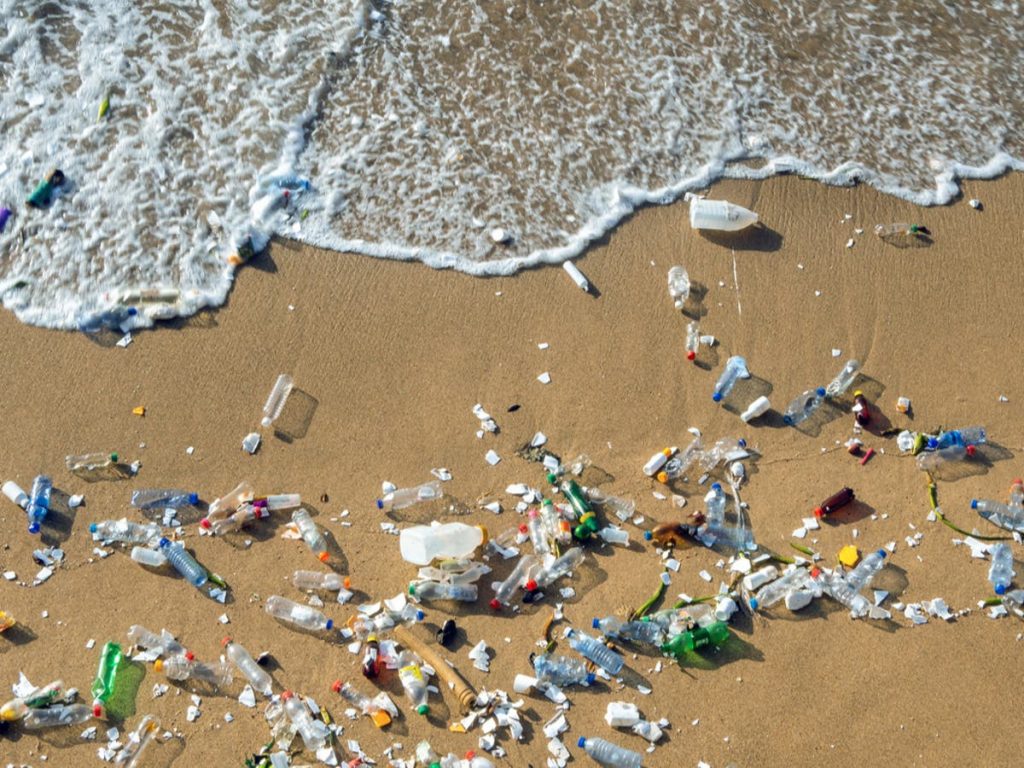
New Zealand aims to ban most single-use plastics by 2025
New Zealand bans single-use plastic items such as cutlery, bags, cotton swabs, straws and Styrofoam containers to help protect the environment.
The products will be phased out in three phases from the end of next year as the government prepares to ban hard-to-recycle products by mid-2025.
New Zealand is currently one of the world’s largest producers of waste per capita, and the new policy will eliminate more than two billion single-use plastic products from the country’s waste cycle each year.
“Every day New Zealanders dispose of about 159 grams of plastic waste per person, making us one of the largest producers of waste in the world,” Environment Minister David Parker said on Sunday.
The ban will phase out food and beverage packaging made from PVC and polystyrene, as well as some biodegradable plastic products.
Beverage stirrers, cotton swabs, shopping bags, cutlery, plates, bowls, straws and fruit labels are also among the items that will be phased out as part of the program.
However, the ban does not include disposable cups, wet wipes, and some types of expanded polystyrene used to transport cold products or protect bulky items.
“Getting rid of unnecessary and problematic plastics will help reduce landfill waste, improve our recycling system, and promote reusable or environmentally friendly alternatives,” Parker said.
A new Plastics Innovation Fund has been set up to find alternatives to plastic materials.
Environmental group Greenpeace welcomed the New Zealand government’s announcement, but called for a ban to cover a wide range of products, including single-use plastic drink bottles such as Coca-Cola and Pepsi.
“This new commitment to banish single-use plastic is a victory for nature and a victory for human power – but it must go further if we are to avert the plastic pollution crisis,” Greenpeace Aotearoa said. [New Zealand] Plastikaktivistin Jorisa Lee.
The coronavirus pandemic has led to an increase in plastic use worldwide, and while some have been driven by necessity – personal protective equipment, for example – others have been born out of hygiene concerns about reusable alternatives.
Many restaurants and fast food chains have decided to switch to lockdown during lockdown and bring a mountain of disposable utensils and containers with them.
Plastic is wreaking havoc on marine ecosystems: It takes decades to break down, and microscopic particles have been found in the bodies of fish, birds and other animals.
At least 600 species of land animals are affected by marine litter, according to the Ocean Conservancy.

“Coffee trailblazer. Social media ninja. Unapologetic web guru. Friendly music fan. Alcohol fanatic.”
